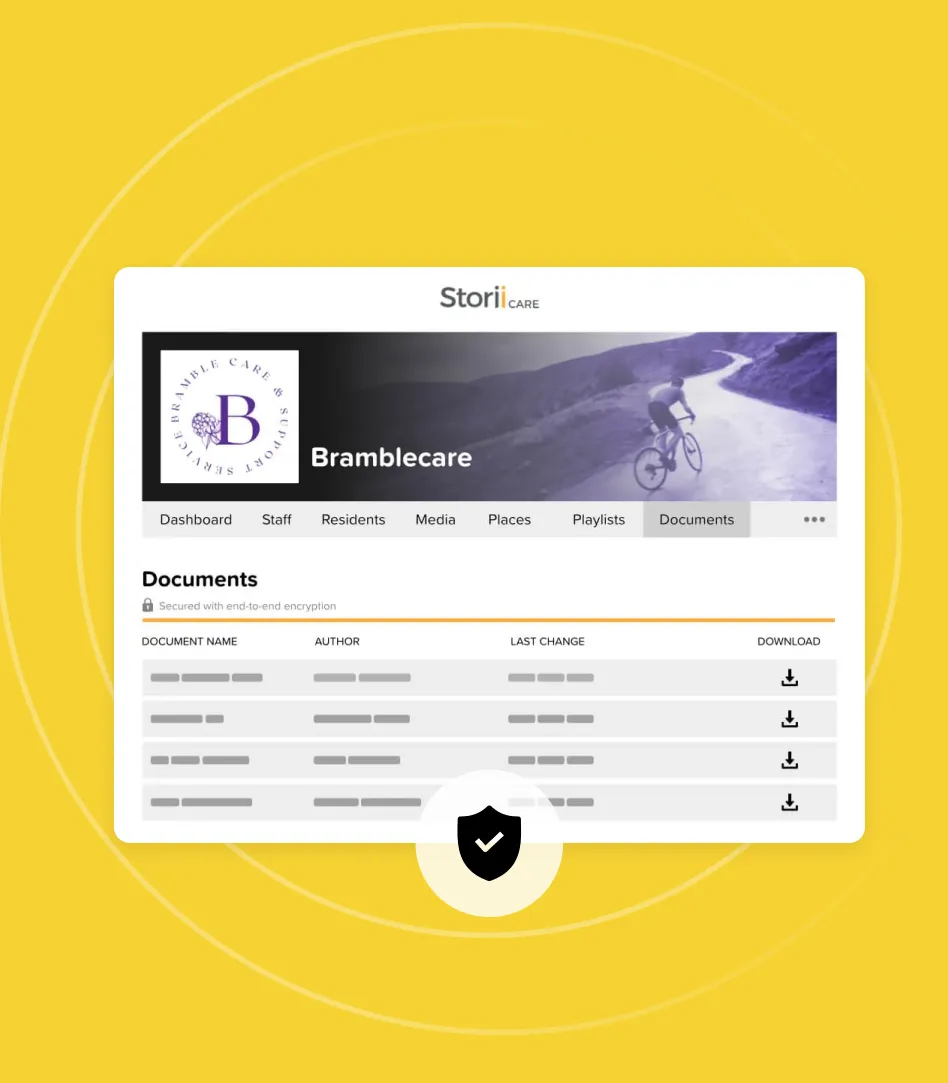Breaking the News About a Loved One's Dementia to a Child
Having a friend or family member who is living with dementia is difficult, and everyone will have their own way of dealing with those diagnosed with it. Coping with a dementia diagnosis or finding out someone close to you has dementia is distressing - even for the most thick-skinned individuals. Explaining a dementia diagnosis to a child is something that is particularly challenging for any parent or guardian - especially when it comes to helping them to understand what is happening, and why.
Dementia affects 850,000 people across the UK - one in three people over the age of 65 will develop a form of dementia, and this number is increasing as people are living longer. What makes young people and children so great is that they’re inquisitive and will question everything. But this comes with its own set of challenges, as these questions will be hard to answer. They may not understand why their grandparent isn’t communicating in the way they used to, or why the neighbour can’t remember who they are.
Dementia is an incredibly hard disease, affecting more than just those diagnosed. If you need to explain dementia to a child, the best way to do so prepares them for what they can expect, and explain that the person in front of them doesn’t mean to behave the way they’re behaving.
Be honest about the diagnosis
Children are susceptible to everything that goes on around them - they pick up on things quicker than adults, as they are more often in a set routine. Because of this, they’ll notice if something is different. If there is going to be a change in the everyday family routine that will affect them, you should tell them before it happens. A sudden change in the routine with no explanation may leave your child feeling lost, confused and left out, which may result in them feeling rejected. Honesty is the best policy.
Get your children involved in visiting
Unless the family member or friend has requested that your child stay away in the later stages of their diagnosis, allowing your child to visit and actively participate in the care will help normalise the situation. From simply spending time with their loved one to getting involved with activities, they’ll feel more at ease with the situation. However, the responsibilities shouldn’t get in the way of their everyday lives or take up all their time.
Show affection towards the person with dementia
What makes dementia so hard for family members is seeing the deterioration of a loved one - this can be very traumatic for a child if it isn’t handled in the right way. Show your child that the most important thing you can do is shower the loved one with love and affection. This means they will know that the person is still in there. Alongside this, show your son or daughter photos of the friend or family member and tell them stories about time spent with them. Tell them about what the person loved to do, where they worked and so much more.
Remind yourself and your child that there will still be good times
There are many stages of a dementia diagnosis - some days will be worse than others. Take photos of your children with the loved one - this will be a reminder of just how strong you all were later on. Alongside this, make sure the time your son or daughter spends with the person is full of pleasurable activities such as going for walks or listening to music.
Explain the person’s behavioural changes to your child
As dementia is a degenerative brain disease that causes a loss of signals in the brain, those affected will act differently to how they used to. There will be certain things that they will find confusing and upsetting. You should be prepared to provide reassurance to both the child and loved one in this instance if they are present. Explain to your son or daughter afterwards why this happened, and how it can be helped in the future.
Guest Writer
Independent People Home Care was established to enable people with care needs to be able to choose to continue to live in their own homes with the support of dedicated professional carers, employed by a company that has been built on the foundation of staff with extensive clinical care experience.




.png)
.png)
.png)










